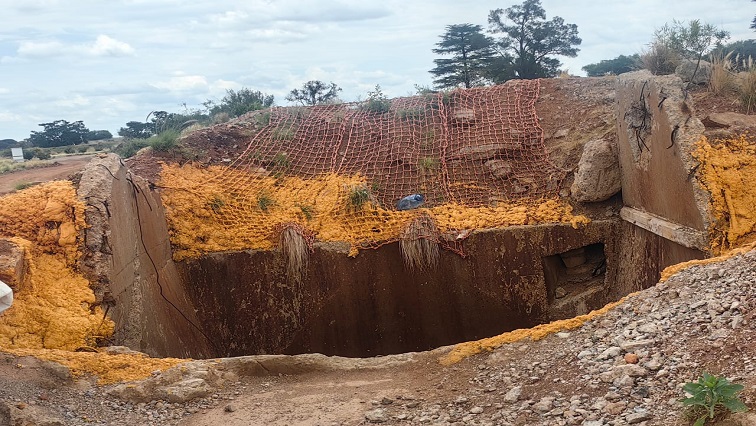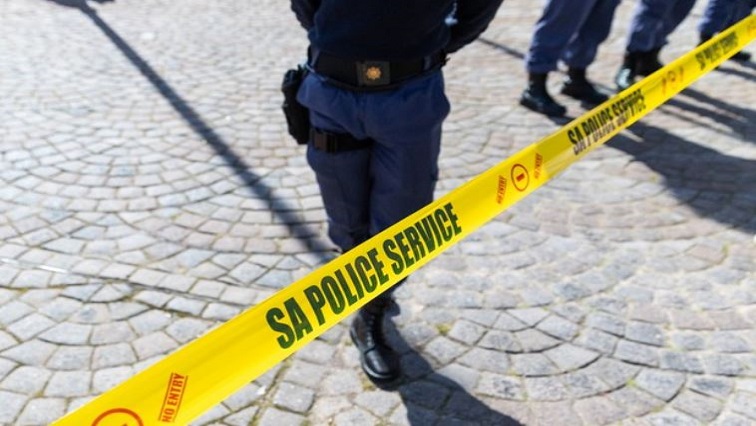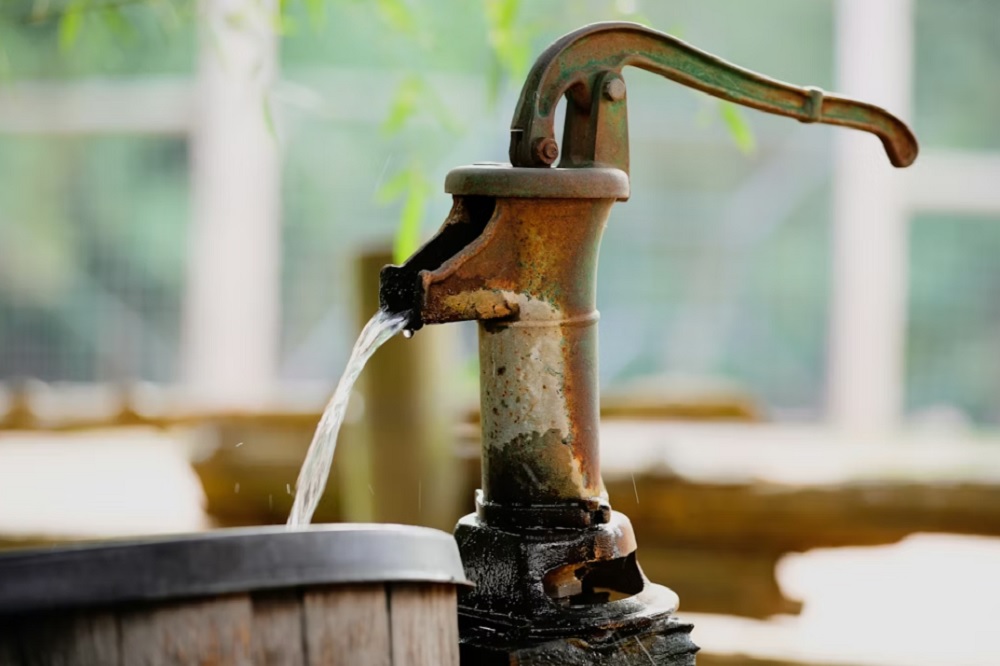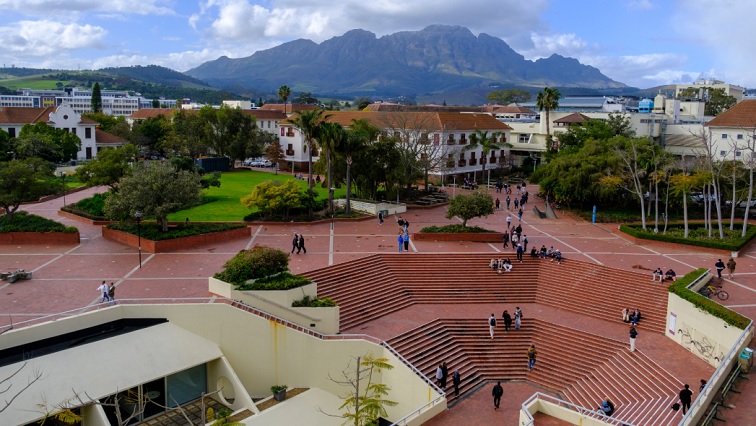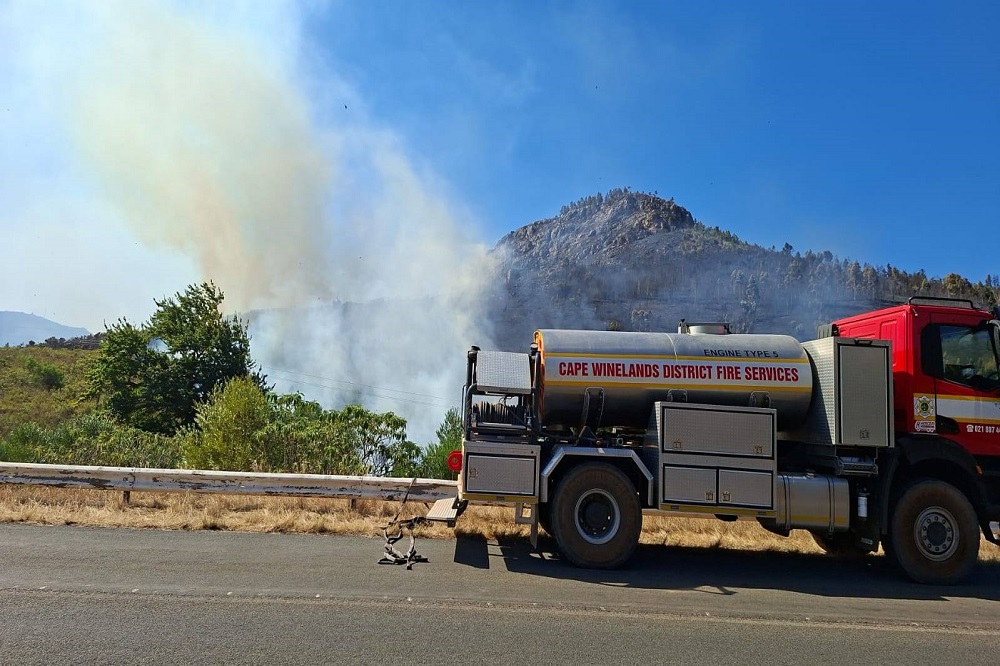-
Shaft 11 of a disused mine at Stilfontein.
Only 12 bodies of illegal mine workers, who had died in abandoned mines in Stilfontein in North West, have been positively identified by their families.
Seventy-eight bodies were brought to the surface in a combined effort by the community and a government led retrieval operation.
[WATCH] Only 12 of 78 bodies of illegal miners recovered from abandoned shaft 11 in Stilfontein NW have been positively identified by their families. Health Department says it has managed to obtain DNA samples from all the bodies. The identification process continues. pic.twitter.com/TdR2RkaOZ6
— SABC News (@SABCNews) April 15, 2025
Months after the bodies of 78 illegal mineworkers were retrieved and despite intensified efforts to identify them. all 66 bodies are still unclaimed in mortuaries across the province.
The Department of Health Spokesperson Tshegofatso Mothibedi has encouraged those, who might have family members who they cannot account for, to step forward.
”The National Act 61 of 2003 combined with the regulation 43 of forensic pathology services, it means that if we have bodies in our facilities for over 30 days, the municipal council or government in this instance is allowed to also bury these bodies. But given the circumstances and the sensitivity of the case, we know that some of these people are coming from our neighboring countries, we’ve decided that we will put that process on hold. But from next month, we’ll then begin the process of funerals. So as is, we have about 60 bodies in our facilities and we are working with our police services to ensure that our communities do come forward” Mothibedi says.
General Industries Workers Union of South Africa (GIWUSA) has been supporting the families through the repatriation and identification process.
President of GIWUSA Mametlwe Sebei says it is still a work in progress.
”Macau in particular have also advanced funds which I think will also complemented by donations from Stilfontein to that committee to assist families with transport and other logistical cost of committing as well as travelling between different morgues to identify the corpses that were recovered,” Sebei elaborates.
Community leader in Klerksdorp, Johannes Qankase says while the identification process is under way, the families of the deceased need support
“Now, going forward we must understand that the lives have changed. If ever the breadwinner is no more automatically as the family the person who was bringing something on the table is no more then it becomes a challenge for those people to see how best they can survive. We must understand here in Khuma is survival of the fittest. Most of the people they are not working, they are unemployed the only source of income and the source that can bring food to the table is that job they were doing. Regardless that it was illegal, they were surviving out of it. But now the government in that aspect it must have an aid for families who lost their loved ones because these people are in need of food, they are in need of clothes, they are in need of many things” Qankase says.
The department says it remains committed to working with local and international authorities to ensure all the families finds closure.
VIDEO | Over 100 illegal miners believed to have died







